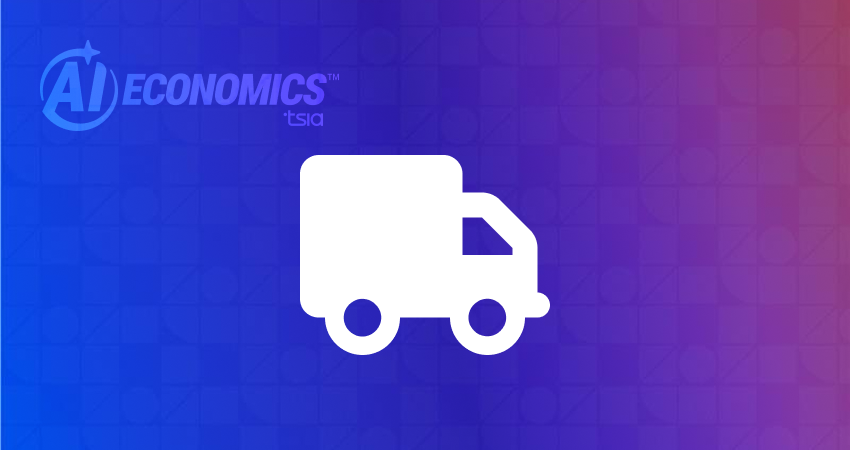Welcome to the TSIA Blog
Want to stay up to date on the latest industry trends and developments impacting the technology and services space? You’re in the right place.
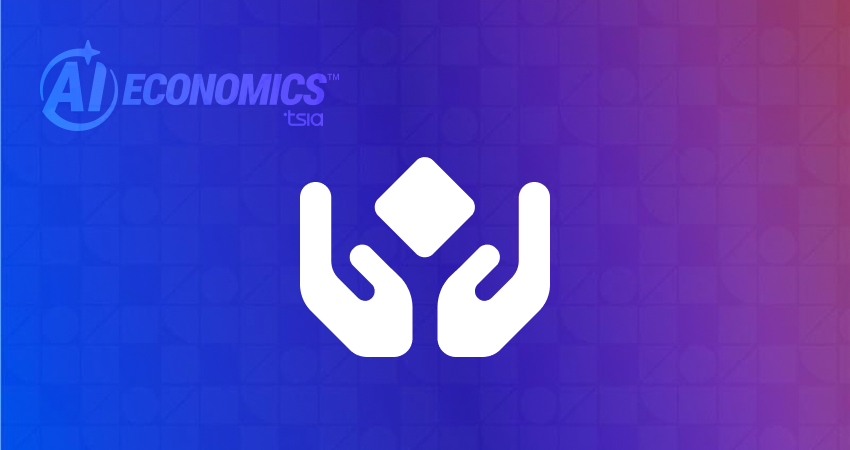
State of Offering Management 2026: Orchestrating the Unified Service Portfolio in the Era of AI Economics™
State of Offering Management 2026: How AI economics is reshaping service portfolios, pricing models, and value defense across the lifecycle.
Offering Management
Offering Management

State of Support Services 2026: Winning the Services Era in an Age of AI Economics™
AI is reshaping support services in 2026. Learn how the AI Value Paradox is breaking traditional models and why outcome-based, service-intensive support is now critical for profitable growth.
Support Services
Support Services
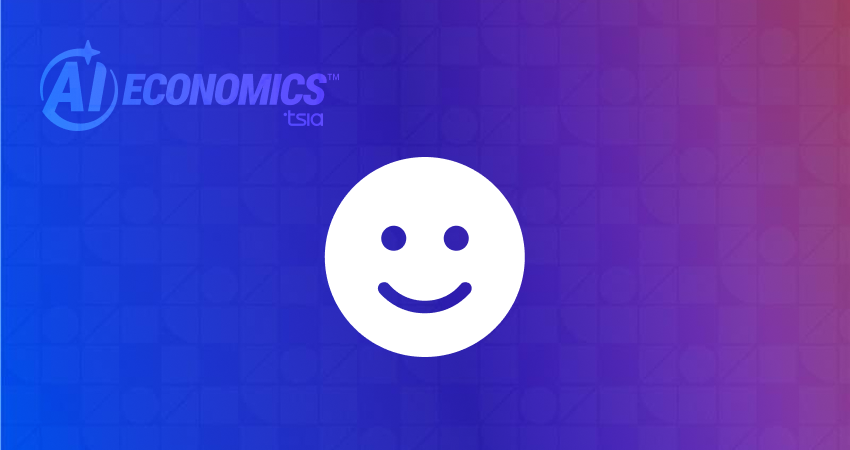
The State of Customer Success 2026: Proving Value in the Age of AI Economics™
Customer success is evolving in 2026. Learn how AI Economics™, data unification, and value-driven customer success models reshape retention, ROI, and growth.
Customer Success
Customer Success
.png)
State of the Technology Industry 2026: Why Mastering AI Economics™ Is Now Mandatory
The State of the Technology Industry 2026 reveals why AI adoption isn’t enough and how mastering AI Economics through outcomes, services, and new pricing models determines profitability.
Cross-Functional
AI Economics
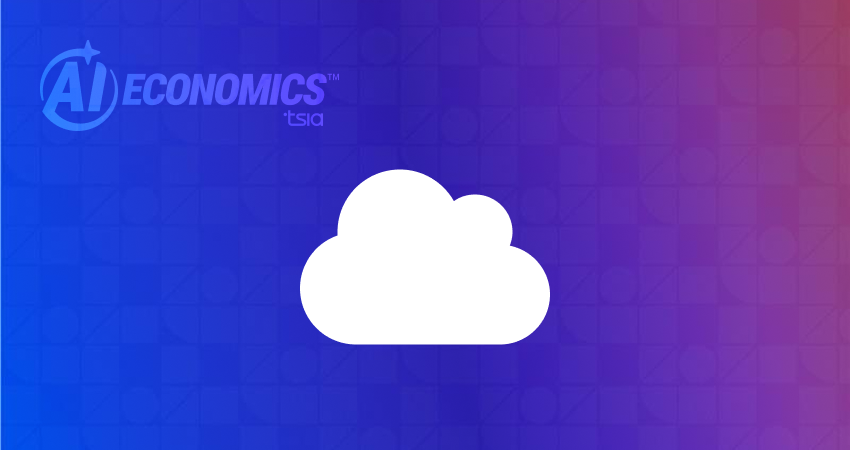
State of Managed Services 2026: Why Service Is Now the Engine of AI Economics™
AI is reshaping managed services in 2026. Learn why services—not tools—now power AI Economics™, and how MSPs must rethink ROI, pricing, and operations to drive profitable growth.
Managed Services
Managed Services
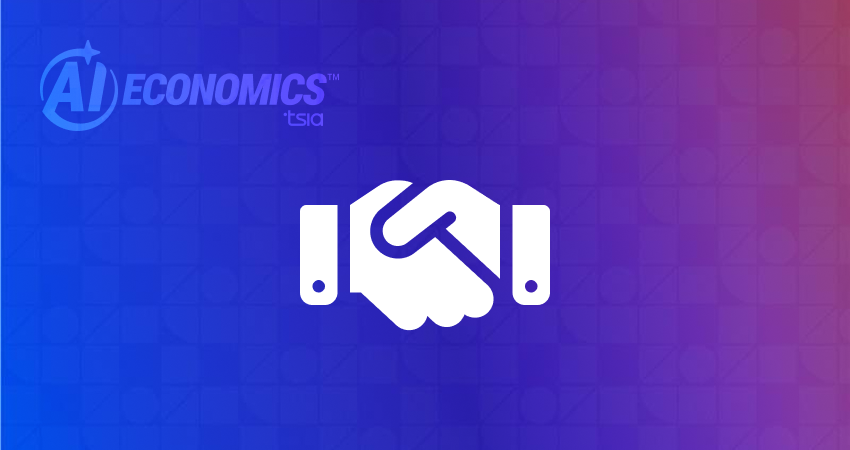
The State of Channel Partnerships 2026: How AI Is Reshaping Partner-Led Growth and Retention
Learn how AI is reshaping partner strategy by fixing misaligned metrics, enabling predictive partner intelligence, and shifting profitability to high-margin services.
Customer Growth and Renewal
Customer Growth and Renewal

State of Technology Services 2026: The AI Services Revolution Has Begun
AI is reshaping technology services in 2026. Learn why services, outcomes, and new pricing models are critical to AI profitability in the Services Era.
All Research Areas
AI Economics









